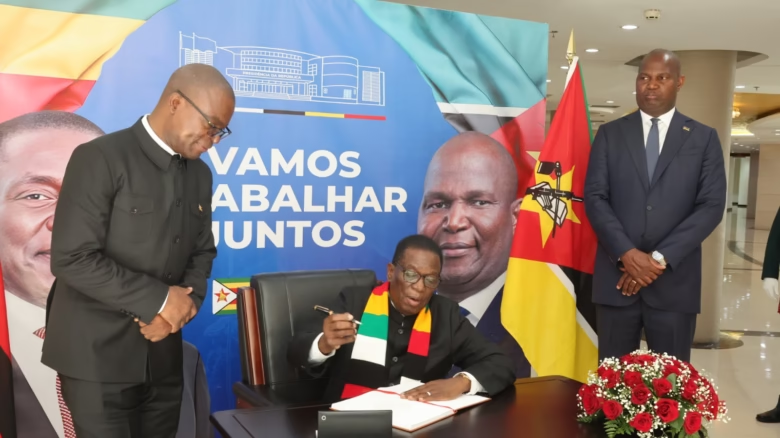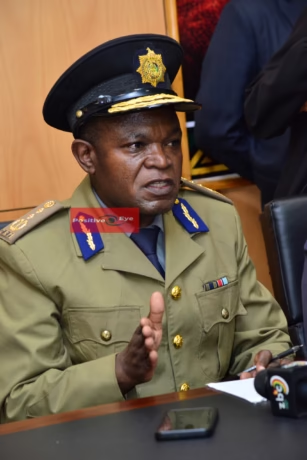
Zimbabwe continues to address one of its most pressing issues: human-wildlife conflict, particularly in regions where communities live close to wildlife areas. At a recent gathering in Harare, the Director General of ZimParks and a host of local and international experts came together to discuss sustainable strategies for peaceful coexistence. The dialogue focused on integrating innovative, community-based solutions with the broader goals of conservation, highlighting the significant role that wildlife plays in the country’s ecosystem, economy, and social structure.
Human-wildlife conflict remains a complex challenge in Zimbabwe, with elephant populations, in particular, causing significant damage to crops and infrastructure. In 2023, 50 lives were lost to wildlife encounters, a slight reduction from 2022, but still a glaring reminder of the need for action. The impact of wildlife on local livelihoods stretches beyond personal injury; it affects food security, income, and the ability of households to sustain themselves, especially as wild animals encroach on agricultural land.
The discussion also addressed the environmental toll, such as habitat degradation and soil erosion, which worsens as wildlife populations grow unchecked. Elephant overpopulation was underscored as a key concern, exacerbated by climate change, making the search for solutions more urgent. Experts from across the region provided insight into various mitigation strategies, including electric fencing, beehive barriers, and crop diversification.
Collaboration was emphasized as a critical component in reducing conflict and preserving the biodiversity that is vital to Zimbabwe’s environmental health. The government’s ongoing efforts to support affected communities through initiatives like the Human-Wildlife Conflict Relief Fund were also lauded. This program provides monetary assistance to families impacted by wildlife-related injuries or deaths, while fostering a greater sense of involvement among communities in conservation activities.
Her Excellency, Dr. Auxillia Mnangagwa, Zimbabwe’s First Lady and a champion of sustainable environmental practices, was recognized for her leadership in this space. Her initiatives in tree planting, wildlife conservation, and community outreach were praised as important steps towards achieving Zimbabwe’s Vision 2030 goals of environmental and economic sustainability.
Experts left the event hopeful that with continued dialogue, community engagement, and the adoption of innovative tools like AI-powered chatbots, Zimbabwe can pioneer solutions that not only reduce human-wildlife conflict but also ensure long-term ecological balance.




